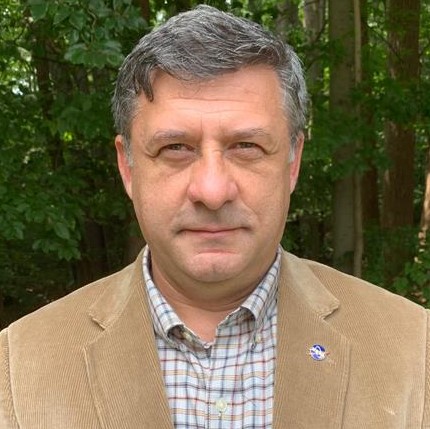 Arif Albayrak
Arif Albayrak
Associate Research Engineer, NASA Goddard Space Flight Center, Maryland, USA, Co-Chair, ITU/WMO Data Working Group
Arif Albayrak is a scientist at NASA’s Biospheric Sciences Laboratory through the Joint Center of Earth System Technology (JCET) at the University of Maryland, Baltimore County (UMBC). Mr. Albayrak has a multi-disciplinary background in engineering, applied mathematics, and computer science with over 20 years of work experience specializing in machine learning (ML) algorithms with an emphasis on estimation, classification, and extraction of information patterns from satellite-based sensor data. His research interests include knowledge graphs, natural language processing and semantic image segmentation using deep learning algorithms. He is also a member of the NASA Earth Science Disaster Group (HQ), the Earth Science Information Partners, (ESIP), and Association for the Advancement of Artificial Intelligence, (AAAI).
|